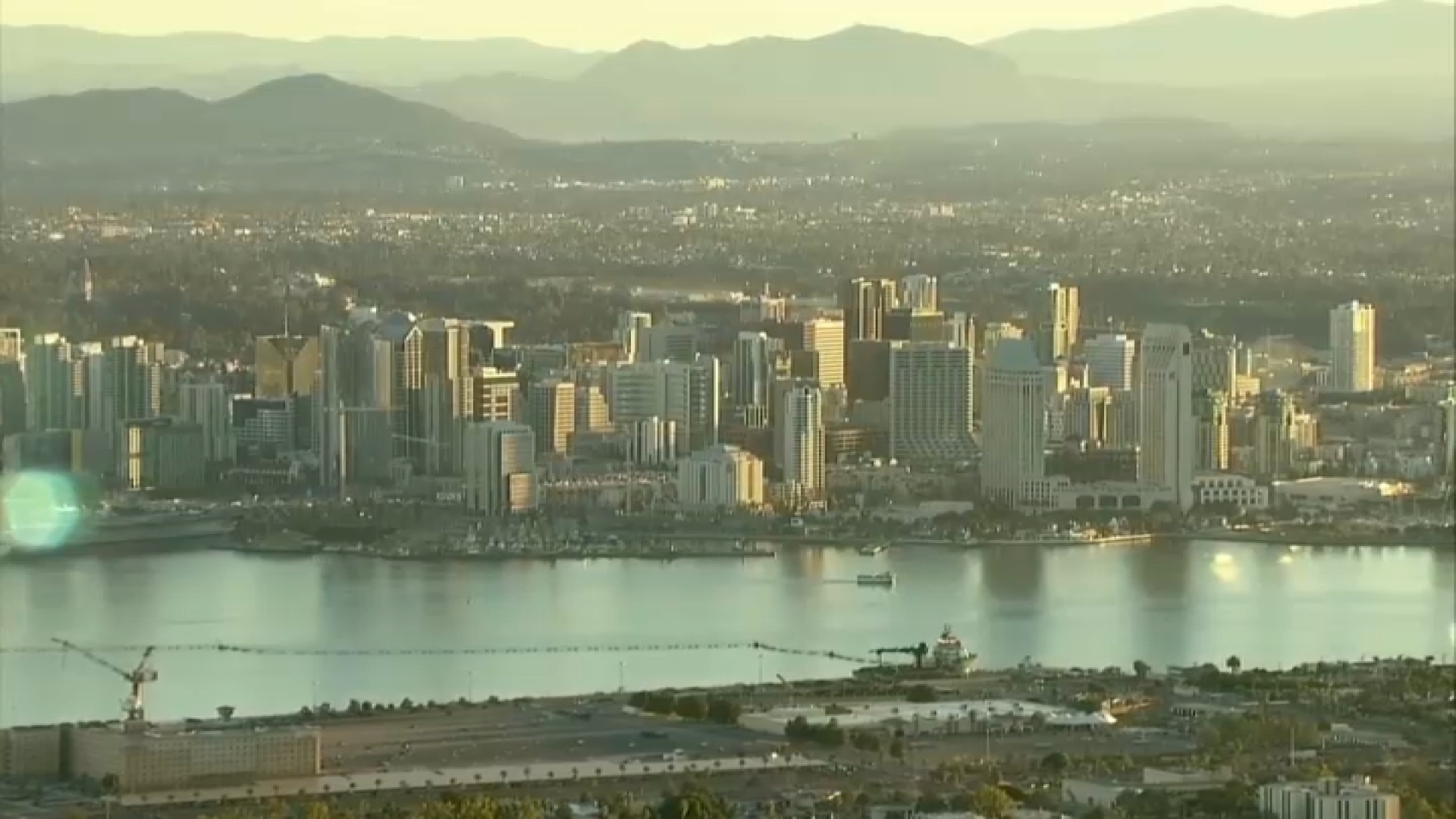UPDATE - Jan 17: This story has been updated to include an interview with San Diego Fire-Rescue Department’s Fire Chief Brian Fennessy regarding ambulance response times.
Ambulances responding to emergency calls in the City of San Diego have shown progress but continued to miss response time standards in recent months, according to a memo addressed to the San Diego City Council and Mayor’s office.
The memo was sent Friday by the San Diego Fire-Rescue Department’s Fire Chief Brian Fennessy. It detailed the current state of relations between the city and Rural/Metro, the private company contracted by the city to provide ambulance services.
In the memo, released to NBC 7 Investigates, Fennessy states Rural/Metro failed to respond to serious medical emergencies in 12 minutes or less, 90% of the time in one out of the eight medical response zones the city of San Diego is divided into. The data is for the months of October, November and December last year. In the other seven zones, Rural/Metro met or exceeded the 90% requirement, according to the memo.
To see a map of the medical response zones, click here.
“That said, it should be noted that progress has been made in [sic] over the past two months with AMR fully meeting response time compliance,” Fennessy states in the memo.
In an interview with NBC 7 Investigates, Fennessy said the city still has concerns.
“We lost confidence, we're gaining it back but we want to see those things. We want to be sure, again, that our public is getting, our community is getting the service that they deserve and expect,” Fennessy told NBC 7 Investigates.
Local
In 2015, Rural/Metro was acquired by AMR, which took over all Rural/Metro operations.
The memo, along with other documents, were released to NBC 7 Investigates through a California Public Records Act request.
To read the memo, click here.
NBC 7 Investigates first reported Rural/Metro’s non-compliance with mandated response times in October 2016, when the city fined Rural/Metro $291,000 in penalties. According to the company’s contract with the city, it is required to meet a response time of 12 minutes or less, 90% of the time.
To read that story, click here.
While meeting response time standards 90% of the time in seven out of the eight zones, Rural/Metro was penalized by the city of San Diego in the months of October through December for a total of $60,500. These penalties, according to the memo, stem from “multiple contract measures that can result in penalty even though the overall zone is in compliance.”
No further details were provided as to what the penalties were for.
“We believe our citizens deserve a high level of care and we are working through the issues and we will be holding them [AMR] accountable,” Fennessy told NBC 7 Investigates.
AMR has declined NBC 7 Investigates’ requests for an on-camera interview but in a statement sent by email, a spokesperson for the company, Jason Sorrick, said, “While AMR has exceeded the citywide response time requirement every quarter since assuming the Rural/Metro contract a year ago, we have been challenged in recent months to meet response time standards in some zones due in part to a paramedic shortage as well as lengthy wait times at emergency rooms, which prevent paramedics from returning to the field promptly.”
Ambulance staffing levels were addressed by the city last month when San Diego’s Chief Operating Officer sent a letter to AMR’s West Coast Management, laying out a strict list of requirements, a “Plan-to-Cure,” the company must abide to in order to avoid what the city called a “material breach of the terms of the EMS agreement.”
To read more about the list of requirements, click here.
In the memo, Fennessy tells city officials that AMR’s response to the city’s strict list of requirements was “generally acceptable”.
“We still have concerns, there's still quite a demand for paramedics, not only locally here in the region but statewide. Really again it comes down to you've got to be able to staff the ambulances to put the ambulances out on the street,” Fennessy said.
Fennessy told NBC 7 Investigates that in a four-month period last year, Rural/Metro ambulances were late to 3,981 calls, according to city data. (Note: Fennessy originally said the number of calls Rural/Metro ambulances was late to was 44,000 calls, but corrected that number to the figure above.)
NBC 7 Investigates has requested AMR’s response to the city’s request for a detailed Plan-to-Cure through the California Public Records Act but has yet to receive the records.
In the company’s emailed statement, Sorrick said, “despite these challenges we are pleased to report that we have been in full compliance during the last two months, in both November and December. We are making solid progress, however we remain concerned that the system is not sustainable. We will continue to work with the San Diego Fire-Rescue Department to build upon our progress to achieve response time equity in all zones throughout the City of San Diego.”
In the memo, Fennessy confirms Rural/Metro has shown compliant progress in the months of November and December but said “the city remains concerned” and has requested a detailed plan from AMR that will provide consistent customer service every month, in all zones.
“The city will not accept periods of non-compliance and then a limited surge to cross a measurement period goal line,” the memo ends with.
While AMR addressed all areas of the Chief Operating Officer’s letter sent in December, the city told AMR some parts of the company’s “Plan-to-Cure” require “further analysis and/or additional explanation,” according to a letter sent to AMR from the city.
To read the letter, click here.



